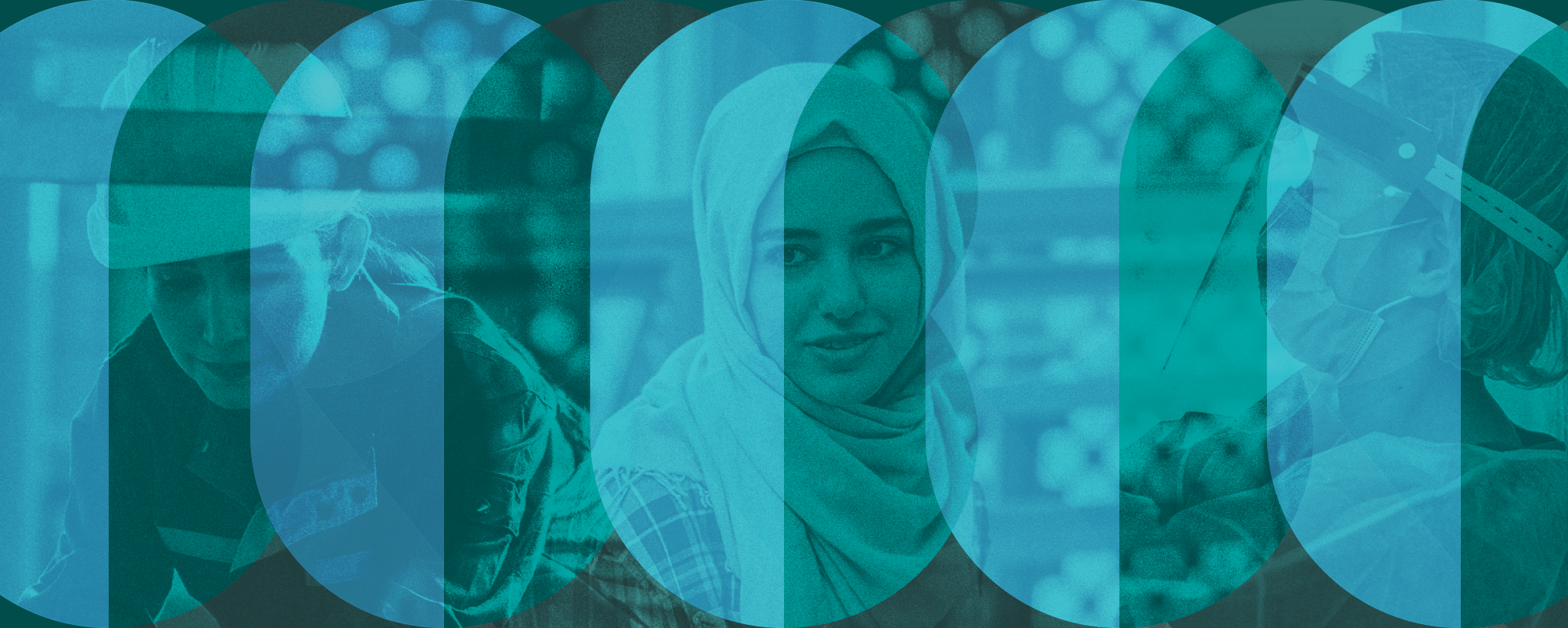Gender Equality
Our publications are available to all at no cost. Please support the CCPA and help make important research and ideas available to everyone. Make a donation today.
-

Cuts to Women and Gender Equality Canada will take us back to the Harper days
On April 28, women voters delivered a major victory for the Liberal party, turning around the electoral fortunes of a party that had been trailing…
-

This International Women’s Day, it’s time to fight
The reactionary attacks on women, gender-diverse people, and all marginalized people are accelerating dramatically. It’s up to us to put a stop to it.
-

Honouring reproductive rights and freedoms
With reproductive rights being a central issue in the upcoming US election, the work of the Women’s Health Clinic (WHC) in Manitoba highlights the fragility…
-

Missed Opportunities
This report provides an assessment of Canada’s progress in meeting the goals for gender equality set out in the Beijing Declaration and Platform for Action.…
-

EBC Fundraising Brunch 2024
The Canadian Centre for Policy Alternatives – Manitoba is proud to be honouring the Women’s Health Clinic at their annual Errol Black Chair in Labour…
-

Beyond Recovery Data Dashboard
Women’s economic standing in Canada in the aftermath of the COVID-19 pandemic
-

Questions and Answers: Pay Equity in Manitoba
A primer on Pay Equity in Manitoba The gender pay gap is the amount of money earned by women for every dollar earned by men.…
-

Unequal pandemic, unequal recovery
The COVID-19 pandemic that swept the globe in 2020 not only threatened people’s health but exposed and exacerbated entrenched inequalities. Women bore the brunt.
-

Beyond Recovery: The pandemic’s heavy toll on women in Canada
Our content is fiercely open source and we never paywall our website. The support of our community makes this possible.
-

A timeline: The pandemic’s impact on women in the workforce
The COVID-19 pandemic upended women’s economic gains, wiping out 35 years of progress in two short months.
-

The Monitor – Summer 2024
In March 2020, when the COVID-19 pandemic hit home, the walls rapidly closed in—especially for women.
Updates from the CCPA
Read the latest research, analysis and commentary on issues that matter to you.
CCPA Updates